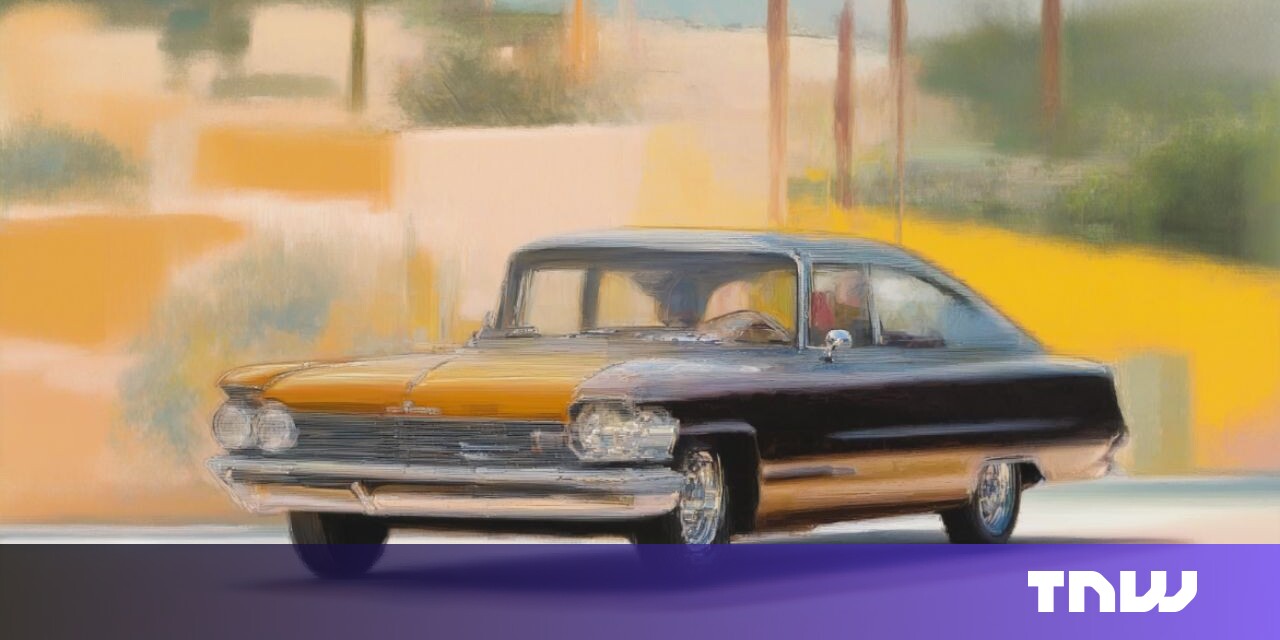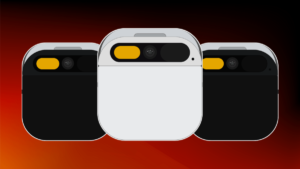
In the world of AI image generation, tools like DALL-E and Midjourney are holding the crown — and not simply because of their high-resolution performance. The training of these models requires such substantial investment and resources that it inevitably leads to centralised services and pay-per-use access.
A new AI tool developed by the University of Surrey aims to reverse this trend and democratise the technology, by opening up high-res image generation to a wider audience.
Dubbed DemoFusion, the model allows users to generate high-quality images without the need to subscribe to a service, or own a very powerful computer. In fact, the system only requires consumer-grade RTX 3090 GPU that can be found in any mid-range gaming PC or a Mac M1.
The AI is essentially a plug-and-play extension to the Stable Diffusion XL (SDXL) open-source model, which generates images at a resolution of 1024×1024. DemoFusion enables 4x, 16x, or even higher increase in resolution — with a few simple lines of code and without any additional training. The only trade-off according to the team is “a little more patience.” We tried it at TNW and it’s about six minutes.


To achieve these high-res results, the scientists first generated low-res images and then enhanced them using a process called progressive upscaling. This improves the SDXL’s detail and resolution by working across images in patches.
“For the first time, our unique technique lets users enhance their AI-generated images without the need for vast computing power, or any re-training of the model,” said Professor Yi-Zhe Song.
“Digital art and imagery is a powerful medium which everyone should have access to — not just a handful of wealthy corporations. That’s why we made DemoFusion publicly available. We believe it can enrich our lives, and everyone should be able to use it.”
The new technique is available online in the paper “DemoFusion: Democratising High-Resolution Image Generation with No $$$.”
Whether DemoFusion will gain enough traction to compete with giants like OpenAI’s DALL-E remains to be seen, but its creation is an important step to opening up AI’s image-generation potential to the public and the wider tech community.





